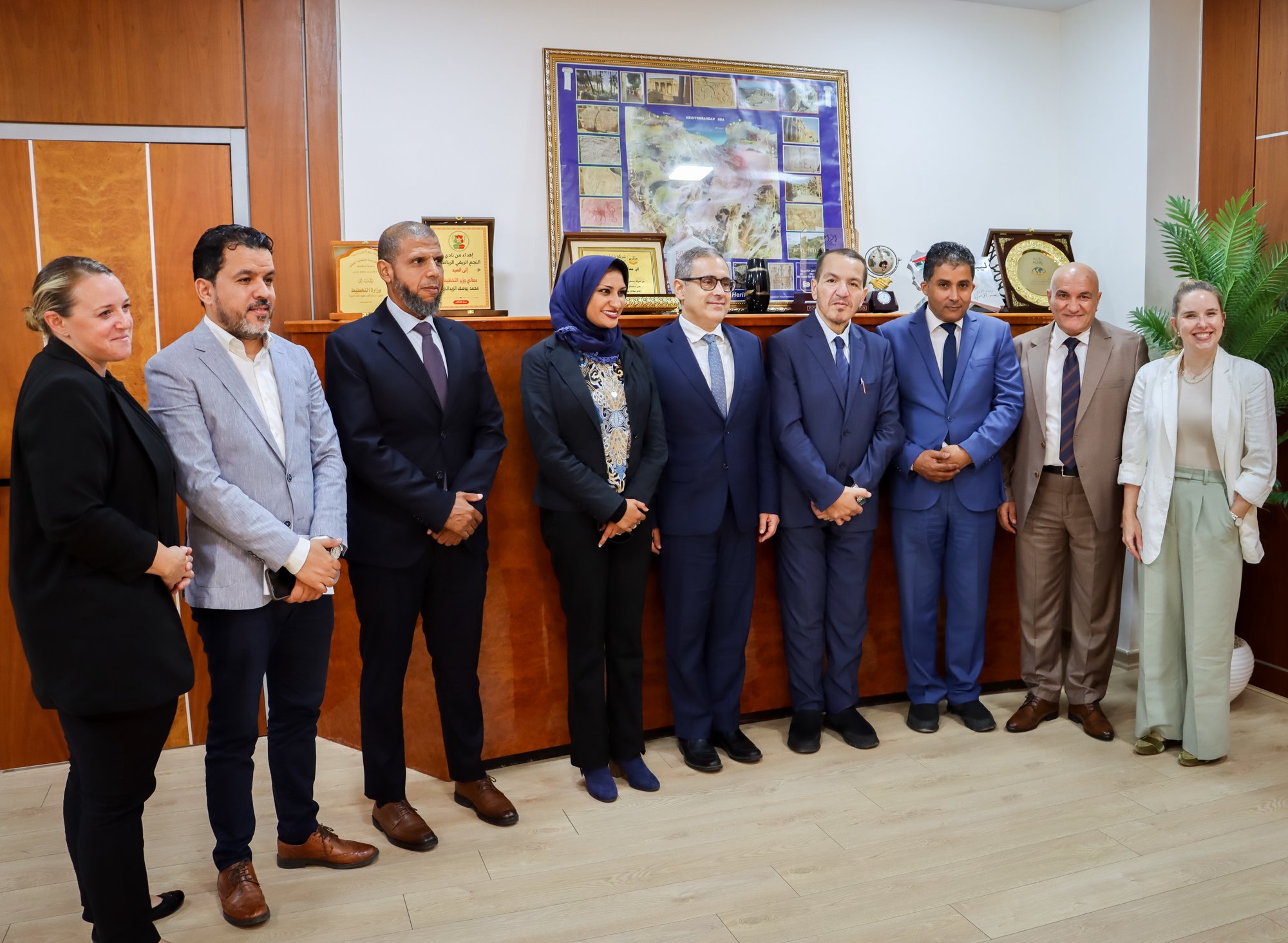

In a significant move to address economic challenges in southern Libya, the United States Agency for International Development (USAID) has outlined a comprehensive plan to bolster the region's economy. This initiative, which includes a $15 million funding commitment announced on July 15, 2024, aims to foster inclusive economic growth and enhance private sector competitiveness, particularly through the Libya Economic Acceleration Program (LEAP) [8a290757].
On August 18, 2024, a U.S. delegation led by Jeremy Berndt met with USAID partners in Tripoli to discuss the development challenges facing southern Libya. The meeting focused on enhancing stability and conflict prevention through economic development and local governance initiatives. Berndt emphasized the U.S. commitment to supporting Libyan sovereignty and the importance of empowering local communities [8a290757].
LEAP, implemented by Chemonics International, aims to cultivate community cohesion and provide support to entrepreneurs and micro-, small-, and medium-sized enterprises (MSMEs) in the region. The program offers business development services, vocational training, and access to finance, with notable achievements including linking SMEs to the Tamkeen Fund and expanding microfinancing opportunities in southern Libya. To date, LEAP has trained 246 entrepreneurs and partnered with municipalities to promote civic entrepreneurship initiatives, with a significant focus on inclusivity, as over 60 percent of participants are female [93850cc4].
In addition to the $15 million funding for LEAP, the U.S. government committed 2 million Libyan dinars for small projects on June 8, 2024, further demonstrating its dedication to improving economic conditions in the region [8a290757]. The program's focus on fostering economic opportunities for young Libyan entrepreneurs is crucial for addressing poverty and unemployment, ultimately contributing to greater stability in southern Libya [93850cc4].
By supporting MSMEs and promoting financial inclusion, USAID's initiatives aim to create a more resilient economy capable of attracting foreign investment and enhancing overall stability in Libya. The collaborative efforts between local businesses and USAID highlight a proactive approach to overcoming the economic challenges that have long plagued the region [93850cc4].